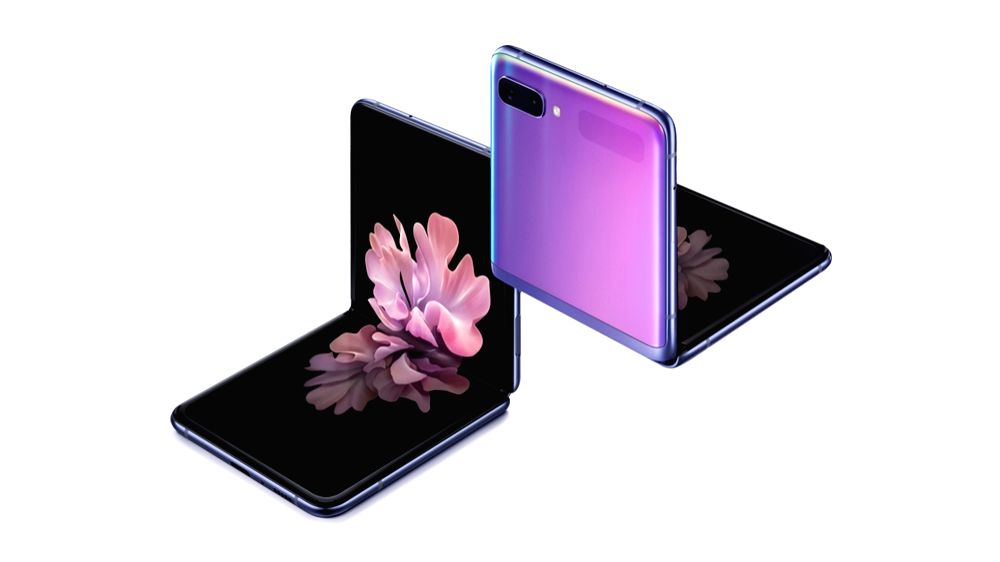The Galaxy Z Flip and the Motorola Razr are now both available to buy in America, but early reports suggest that the screens are easily damaged. The Galaxy Z Flip boasts a ‘flexible glass’ display – but tests appear to show it scratching as easily as plastic. In a statement Samsung said that the display had a protective layer, and had undergone extensive testing. The Z Flip’s ‘ultra thin glass’ is one of Samsung’s primary marketing messages for the new phone.
However, a durability test conducted by YouTuber Zack Nelson suggested it was no more durable than a soft plastic screen – and could be dented by a fingernail. Nelson has more than five million subscribers top his YouTube channel where he regularly tests new tech. ‘I don’t know what material this is, but Samsung definitely shouldn’t be calling it glass,’ he said. He found that the screen of the Motorola Razr scratched as easily but it is not marketed as ‘glass’.
Ben Wood, analyst with CCS Insight, said the new technology of foldable displays was on a voyage of discovery. He highlighted the success of Samsung’s first foldable, the Galaxy Fold, despite a rocky launch – and said that lessons had been learned from its predecessor. ‘Samsung appears to have made tremendous progress with the Galaxy Z Flip in terms of hinge design, screen protection and the overall engineering of the device,’ he said.
The Motorola Razr has received mixed reviews from the media – many of which prefer the Samsung product. Raymond Wong, Input’s reviews editor, said the upper layer of the Razr’s screen separated from the bottom, creating “a giant horizontal air bubble” for no apparent reason. Motorola had warned about screen lumps and bumps – and said they were normal. Mr Wood said Motorola was facing the same challenges as other companies making their first foldable phone. “No matter how much testing you do, it’s impossible to replicate all real-work usage scenarios when a device is being used by thousands of consumers on a daily basis,” he said. “Despite the early teething problems with devices using flexible displays, I remain convinced that this technology is going to re-shape the consumer electronics business.”
www.bbc.co.uk/technews (17th February)

